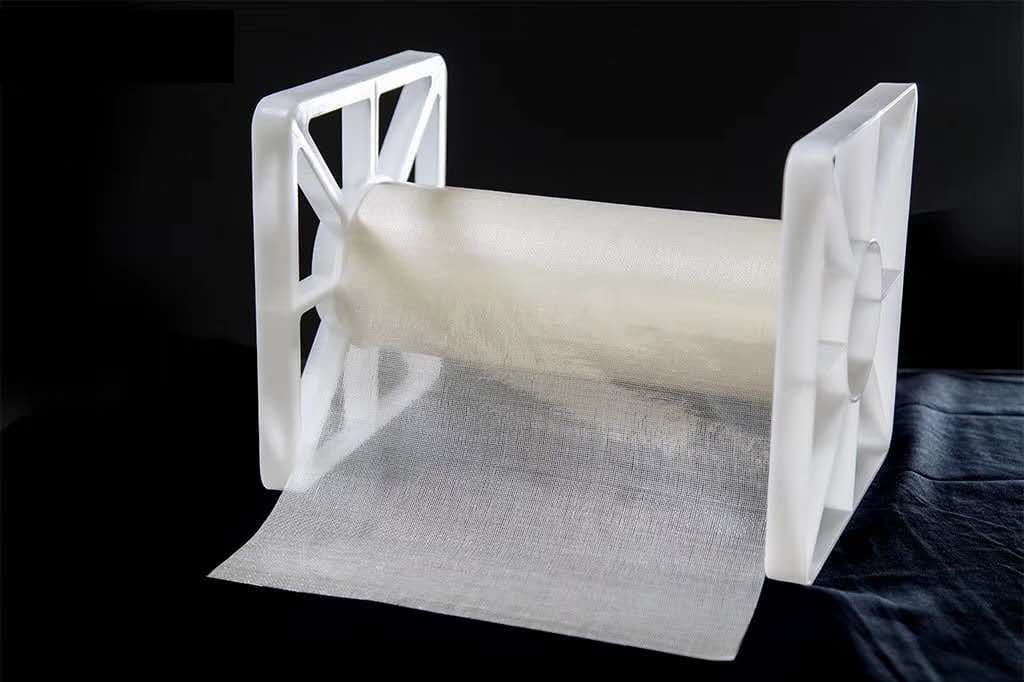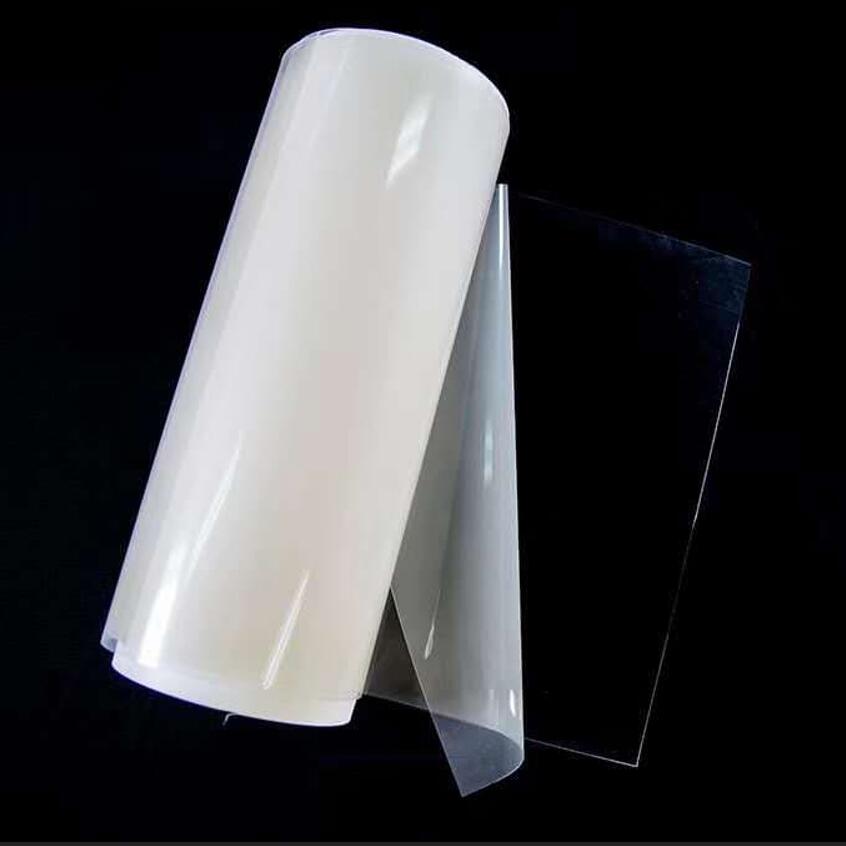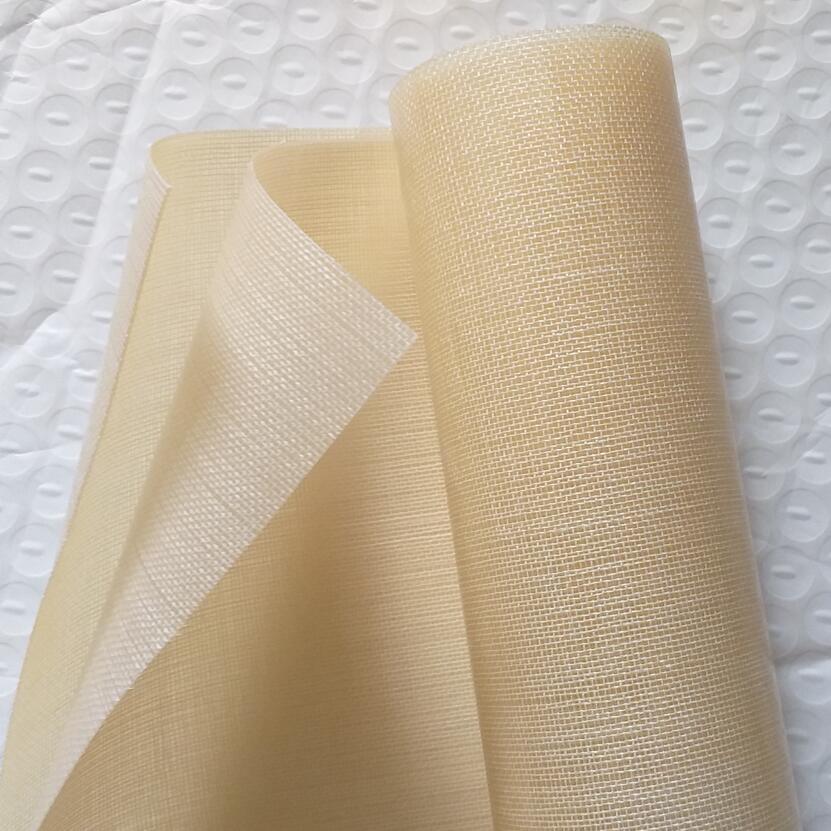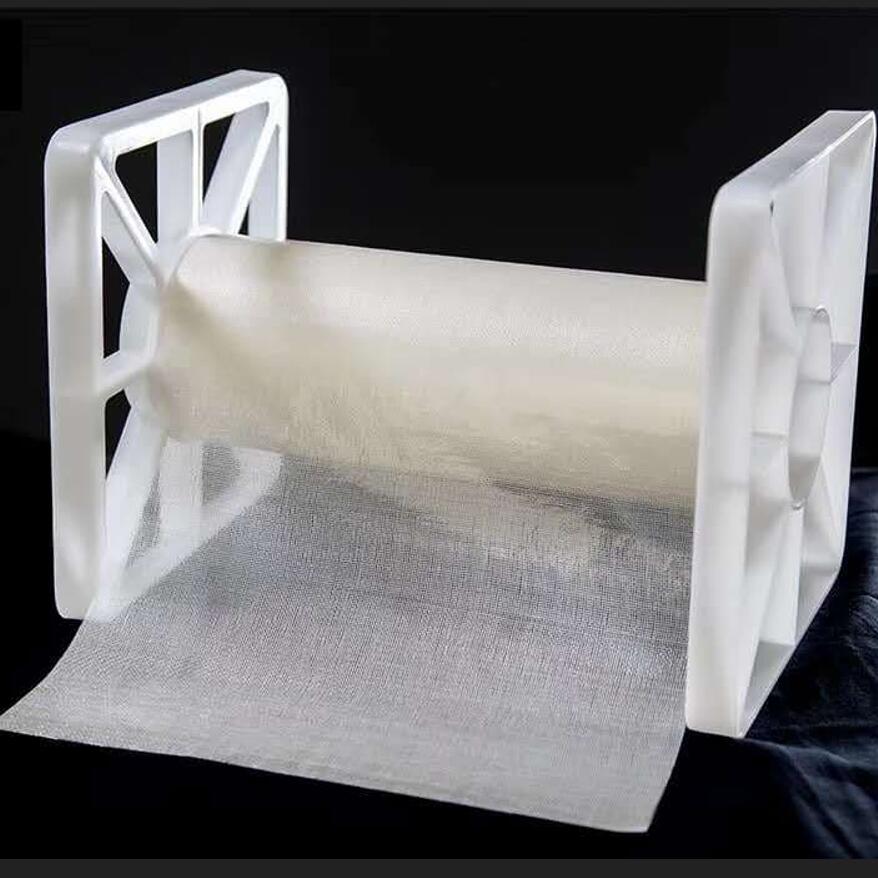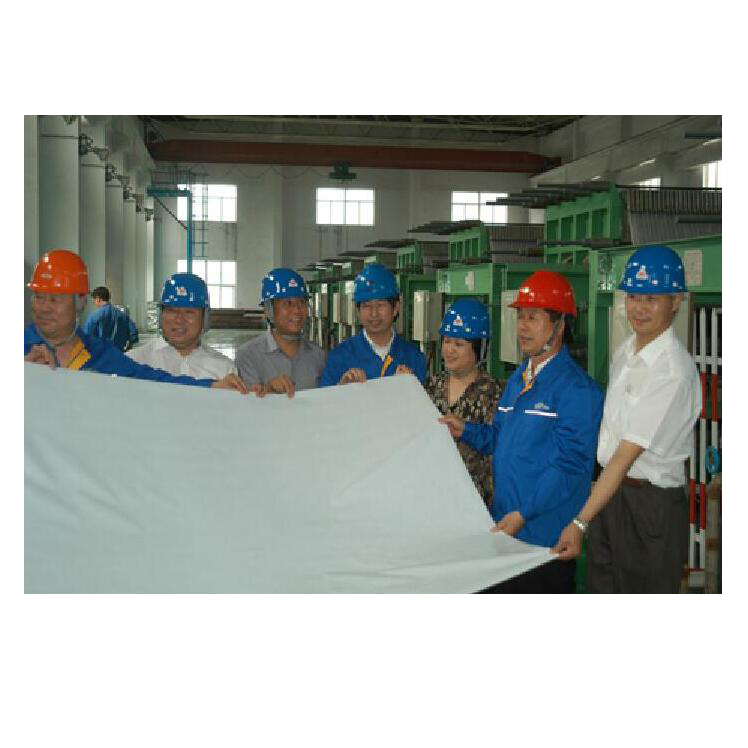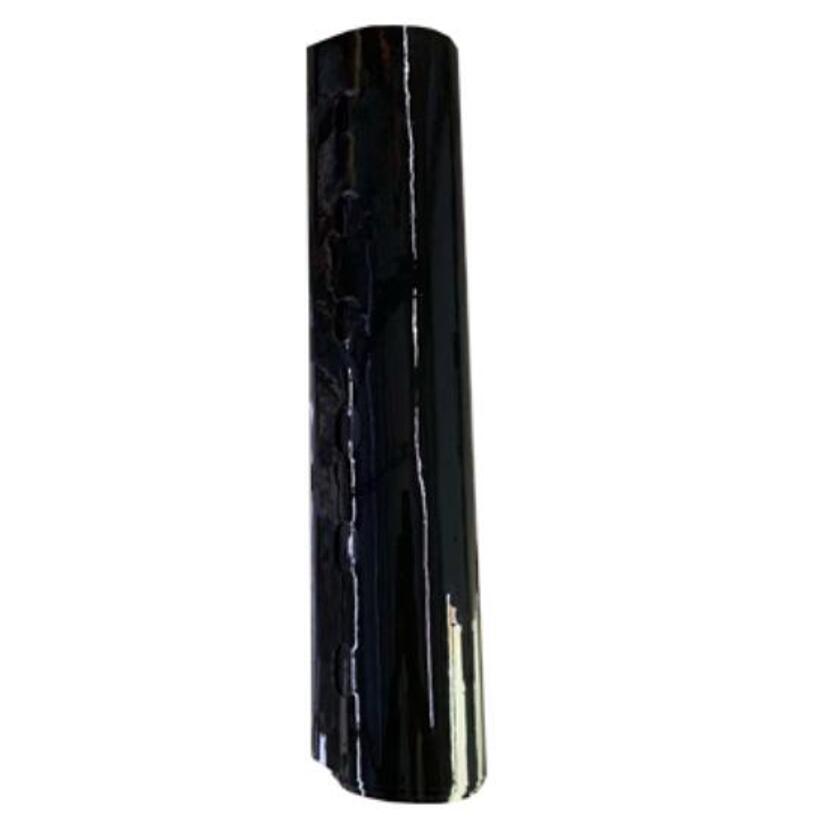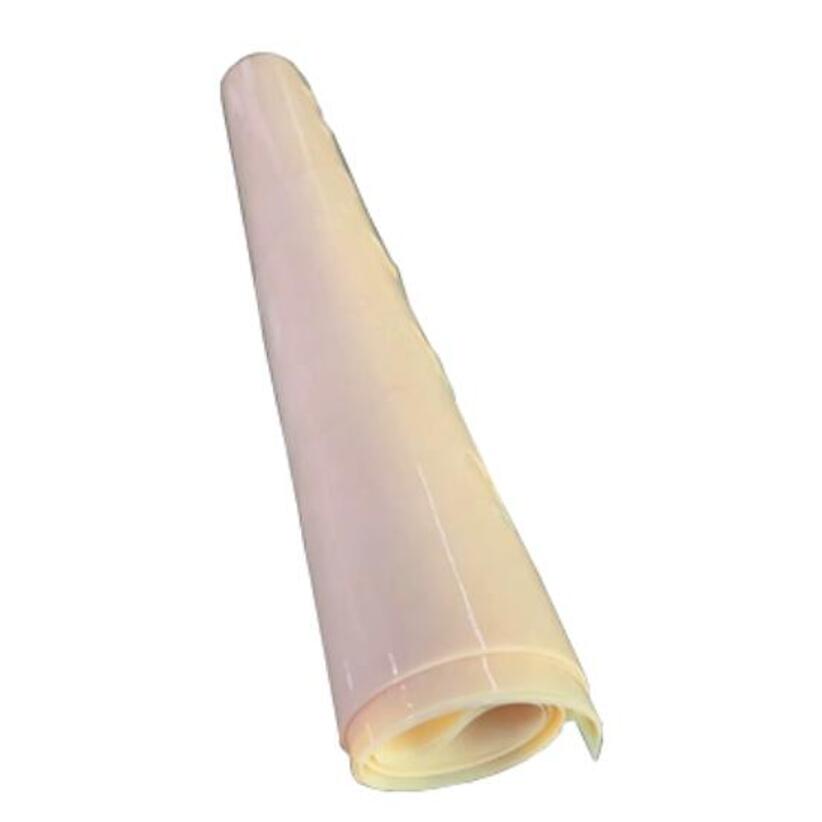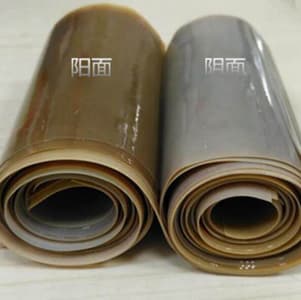Chemical Name:PTFE Reinforced Perfluorinated ion exchange membrane
Synonyms:PTFE enhanced membrane, Perfluorinated proton exchange membrane,perfluorinated ionomer membrane,proton exchange membrane,ion exchange membrane,Perfluorosulfonic acid membrane, chlor-alkali membrane
CAS NO.:31175-20-9
Appearance: White membrane
Type: in wet type
Formula:(C7HF13O5S . C2F4)x
Application:chlor-alkali industry for the production of NaOH and KOH, water treatment device
REF. FOB Price:USD300-900/Piece
Min. Order:1 piece
Payment Terms:L/C,T/T,Western Union,Paypal
Lead Time:10-15 days
Month Capacity:30000 square meters
Technical Index:
Physical Properties |
Values |
Test Method |
Pinholes >50um |
0 |
|
Folding Resistance--Horizontal (times) |
>40 |
|
Folding Resistance--Vertical (times) |
>30 |
|
Breaking Strength--Horizontal (N) |
>45 |
|
Breaking Strength-- Vertical (N) |
>45 |
|
Tear Resistance-- Horizontal (N) |
>25 |
|
Tear Resistance--Vertical (N) |
>20 |
|
Bursting Strength (MPa) |
>0.8 |
|
Surface Resistance (ohm.cm2) |
<3.2 |
|
Peel Strength (MPa) |
50.0+-5.0 |
|
Operating Instructions:
1, the voltage: 2.8--3.0v
2, the current density: 3.0--6.0 kA/m2
3, or based on the operation condition
Application:
The Ion-Exchange Membrane N-51 are widely used in chlor-alkali industries, electro-dialysis, recovery of copper from etching solutions, synthesis for gold potassium cyanide, chlorine dioxide, and electrochemical reaction for amino acid. The membrane performs as a conducting separator and solid electrolyte in a variety of electrochemical cells which require the membrane to selectively transport cations across the cell junction.
The membranes N-51 are reinforced by PTFE fabric, and used in the chlor-alkali industry for the production of NaOH 32% and KOH.
Order and Packaging Information:
The membrane for cut pieces will depend on the size and quantity of the customer order requirements. The membrane pieces or rolls can be cut to non-standard sizes, please contact our sales staff for details and availability.
SY13P membranes are supplied in pre-expanded wet form. They provide an easy-to-use membrane while offering improved resistance to membrane damage from handling. During assembly, dry out can occur, which must be avoided to prevent slight shrinkage of the membrane. Do not unseal the package until ready to transfer to the water bath. Also, keep any unused membranes in the original container, packed as received, or store them wet in water. Prior to the installation of the membrane, the membrane should be removed from the package and put in a water bath at the required pH. During installation, keep the membranes wet by spraying with water every few minutes.

